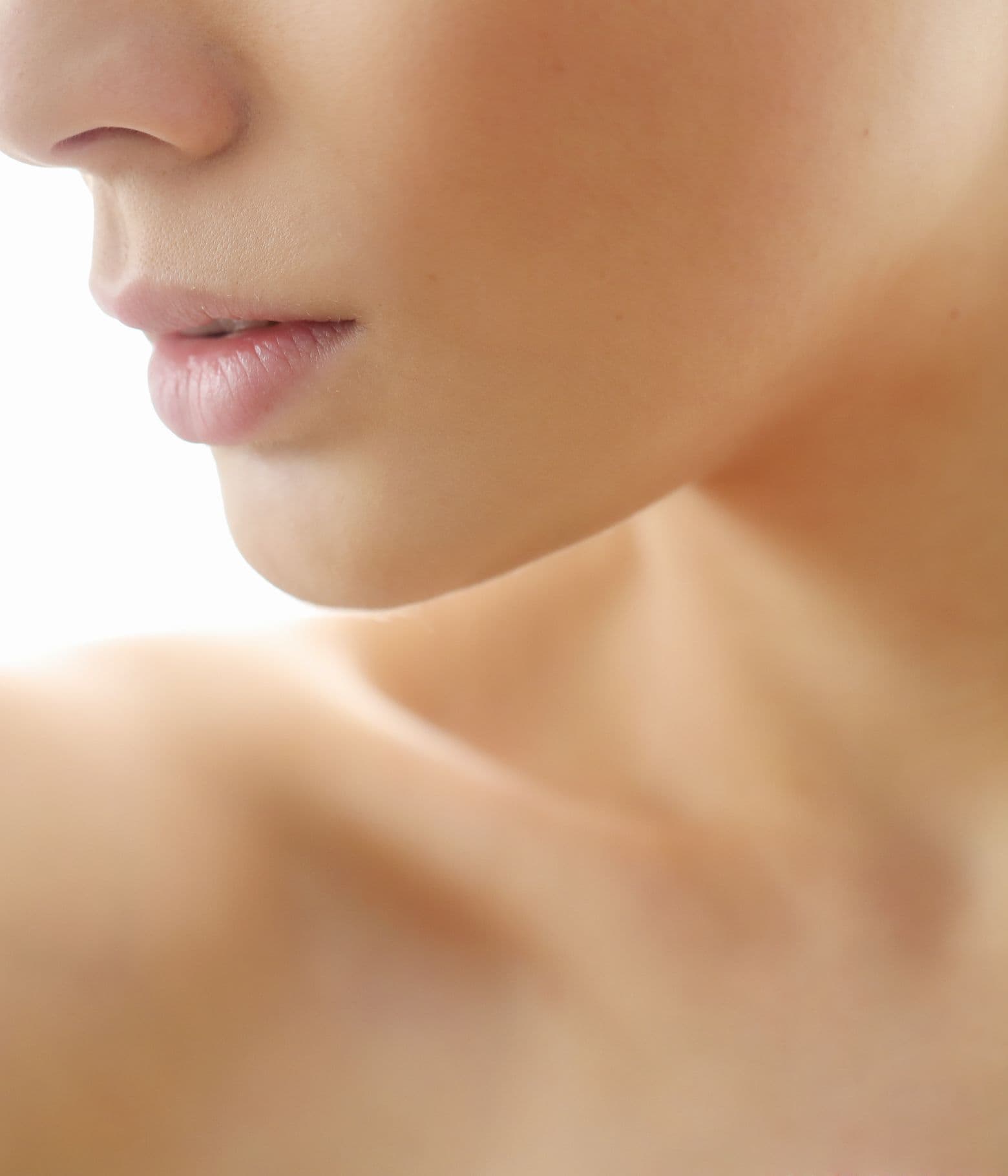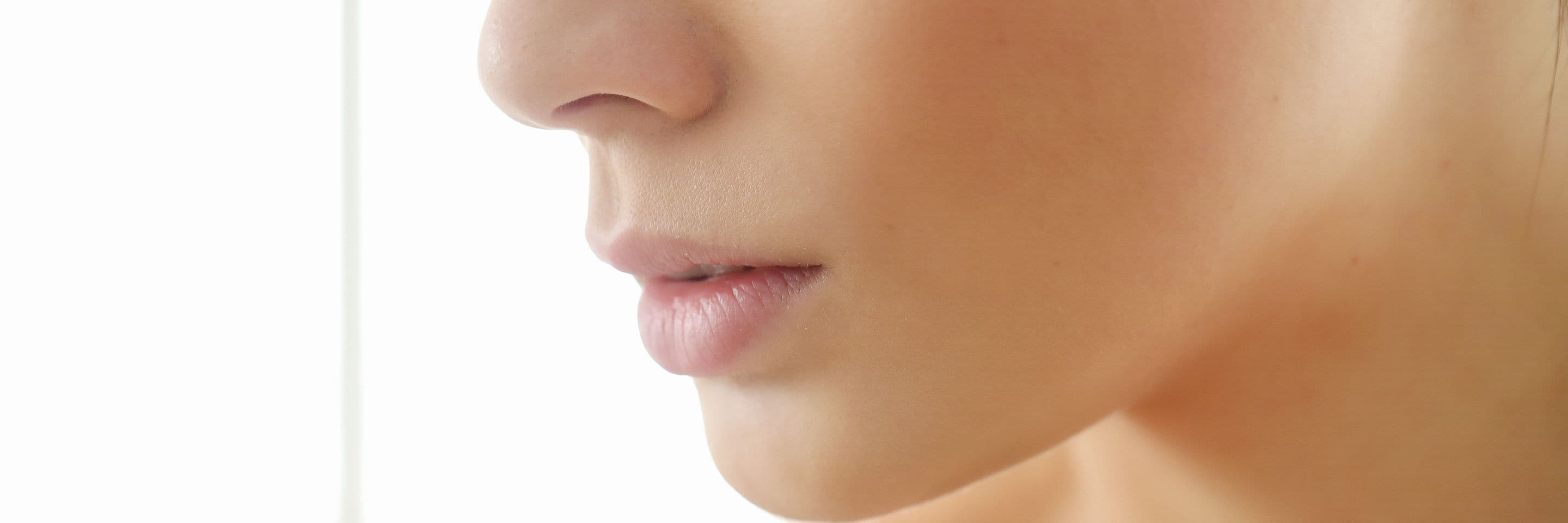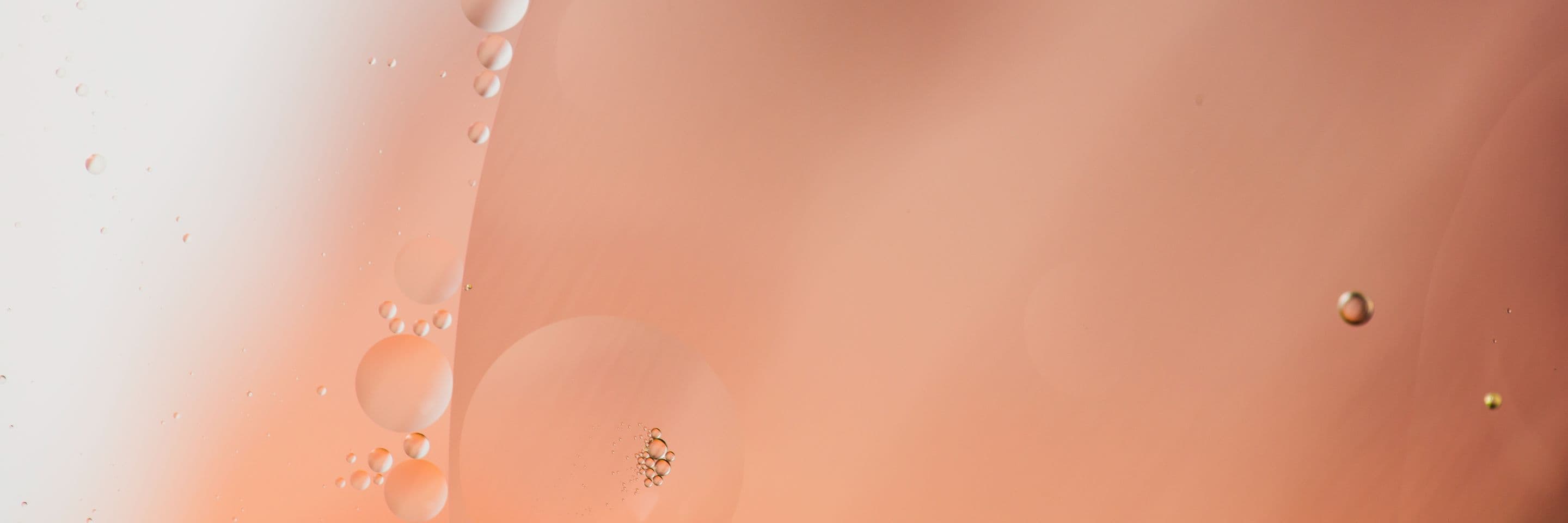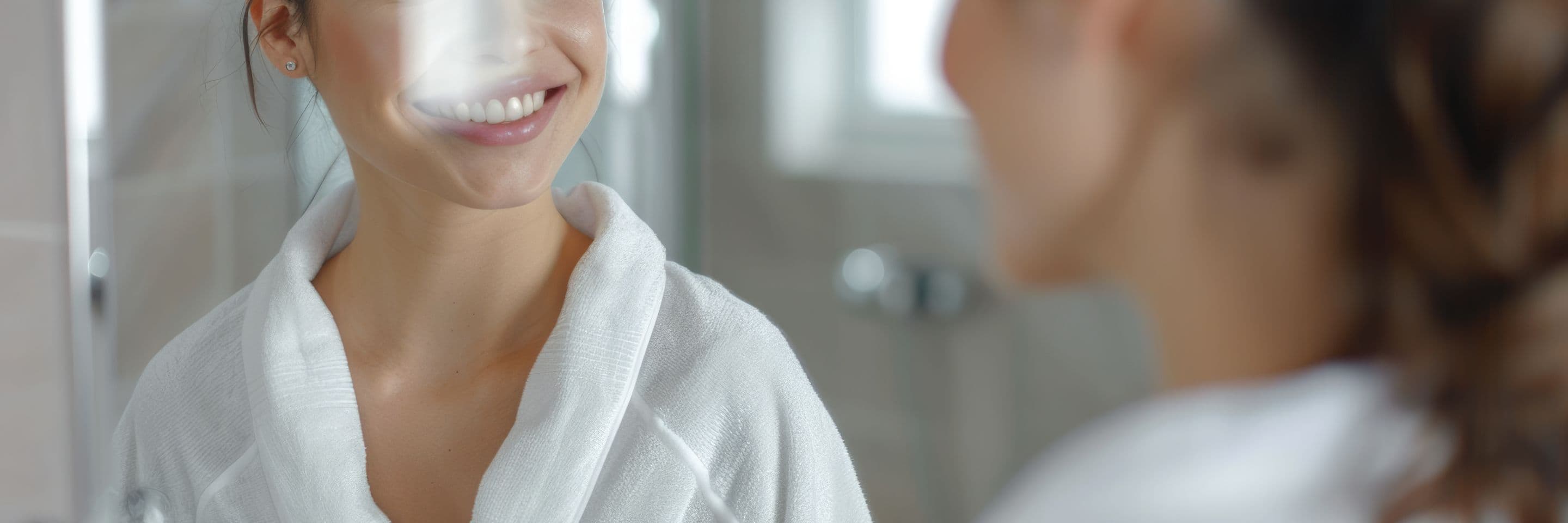Your Guide to Skin Hydration
SJ Riviera
August 06, 2024


Dehydrated skin is a common skin concern that can affect anyone, regardless of skin type. It occurs when your skin lacks sufficient water, leading to dryness, tightness, and a dull complexion. While often mistaken for dry skin, dehydration is a temporary condition that can be improved with proper care.
Understanding Dehydrated Skin
Unlike dry skin, which is a long-term skin type characterized by a lack of oil, dehydrated skin is a temporary condition caused by insufficient water. This can happen due to various factors, including environmental conditions, harsh skincare products, inadequate water intake, and certain medications.
Signs of Dehydrated Skin
Dryness and tightness
Flaky or rough patches
Fine lines and wrinkles
Dull complexion
Increased sensitivity
How to Hydrate Your Skin
Drink Plenty of Water: Staying hydrated from within is essential for overall skin health. Aim for at least eight glasses of water per day.
Humectants Are Your Friends: Look for skincare products containing hyaluronic acid, glycerin, and sorbitol. These ingredients attract and retain moisture.
Lock in Moisture: Apply a rich moisturizer immediately after cleansing to seal in hydration. Choose products with ceramides to strengthen the skin barrier.
Gentle Cleansing: Avoid harsh cleansers that can strip your skin of natural oils. Opt for gentle, hydrating cleansers.
Limit Hot Showers: Hot water can dry out your skin. Opt for lukewarm showers and pat your skin dry gently.
Exfoliate Gently: Regular exfoliation removes dead skin cells, but avoids over-exfoliating, as it can worsen dehydration.
Humidify Your Environment: Using a humidifier can add moisture to the air, especially during dry winter months.
Protect Your Skin: Shield your skin from the sun's harmful rays with a broad-spectrum sunscreen.
Dehydration and Acne Dehydrated skin can contribute to acne breakouts. When your skin is dehydrated, it overproduces oil to compensate for dryness, leading to clogged pores and acne. Maintaining proper hydration is crucial for preventing acne flare-ups.
By following these tips and addressing the underlying causes of dehydration, you can restore your skin's natural glow and achieve a healthy, hydrated complexion. Remember, it is important to consult a dermatologist to determine the root cause of skin dehydration as it is unique to each individual. MyRevea offers an AI technology that recognizes this individuality, tailoring solutions for every skin type. Our precision facial scan provides a comprehensive analysis of your skin's hydration levels, breaking them down into four key areas. Using advanced technology, we calculate a personalized hydration score and create a tailored plan to address your unique hydration needs. Try our skin assessment today, for free!


